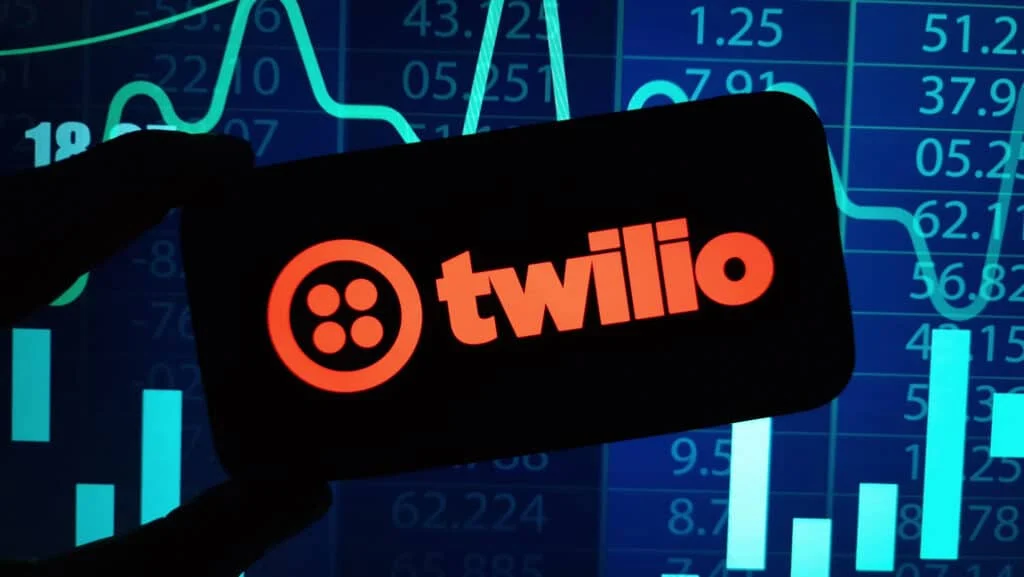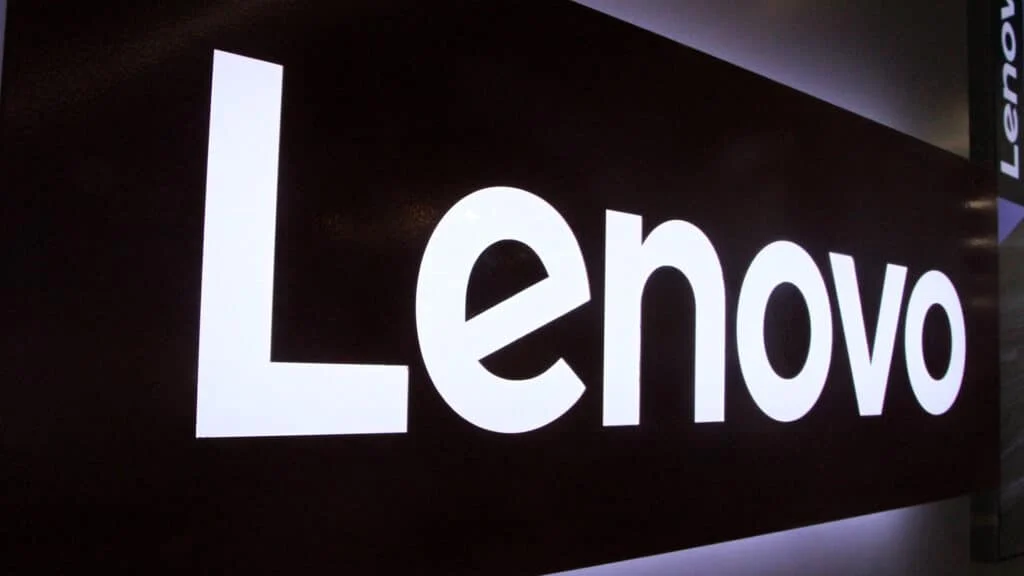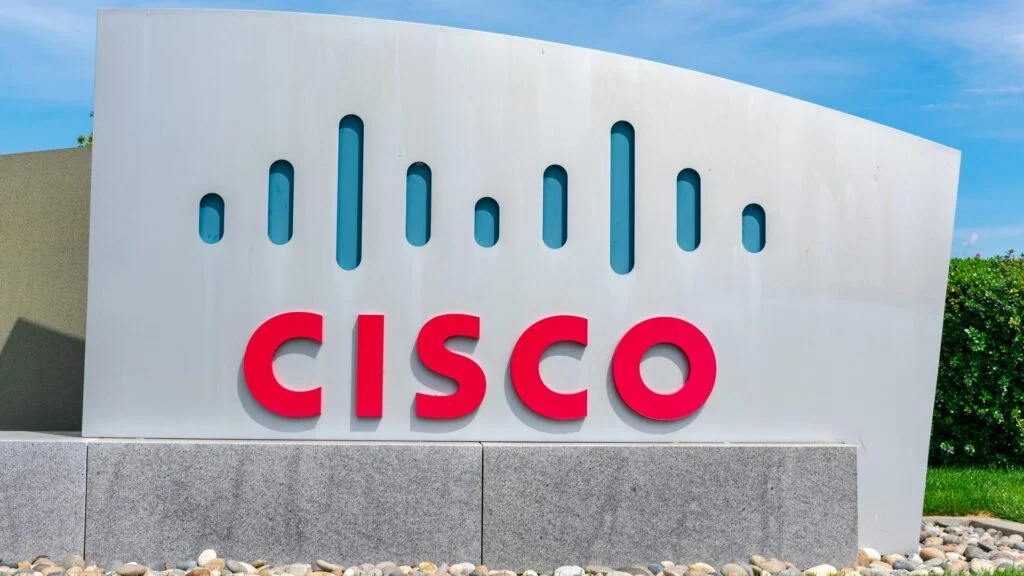The News: Cloud NAS vendor CTERA promoted Oded Nagel to chief executive officer, Michael Amselem to Chief Revenue Officer, and Saimon Michelson to Vice President of Alliances. Former CEO and founder Liran Eshel will serve as Executive Chairman of the Board, a role from which he will continue to work with the company on key strategic initiatives. See the full press release from CTERA.
CTERA Expands Executive Team to Capitalize on Cloud File Market
Analyst Take: CTERA’s expansion of its executive team and CEO change comes at an interesting time for the global file system market. The product space is one to watch as unstructured file data continues to grow rapidly. CTERA competes with other private companies such as Nasuni, Panzura, LucidLink, and Hammerspace, as well as the major traditional NAS vendors such as Dell and NetApp.
Global file systems take a different approach than traditional NAS. While traditional NAS is primarily on-premises focused, Global File Systems are cloud driven. The main storage for these solutions is in a public cloud, and the caching or edge devices are simply used to provide localized performance and access. That is why they are also known as Cloud NAS.
We don’t expect CTERA’s CEO change to bring a new direction for the Israeli-based company. The new CEO Nagel has been with CTERA since the start, and founder Eshel will remain with the company as chairman. We expect CTERA to continue its strategy of establishing industry partnerships and focusing on cyber security and data governance.
Nagel was an original CTERA employee and led its product strategy and global partnerships over the past five years. Amselem has been at CTERA since 2016, most recently as VP of EMEA. Michelson joined CTERA as a software engineer in 2011. He had been VP and field CTO since 2017.
Relinquishing the CEO role, Eshel will focus on overall company positioning rather than day-to-day operations.
CTERA’s customer base consists of large enterprises with many remote offices. The CTERA Enterprise File Services Platform is focused on automating the management of global file systems, enabling cybersecurity and resiliency, and adding data services.
CTERA has had a security focus for a while now, with features such as military-grade encryption, WORM snapshots that can roll back to the last good version of a file, and remote DR capabilities. CTERA’s version of zero-trust security means every request must be digitally signed by the central portal before it grants access. CTERA partners with Varonis for more advanced ransomware protection, and we expect it to add more ransomware protection of its own as cyber recovery has become a major part of any data management technology. Rivals Nasuni and Panzura have add-on ransomware protection services that go beyond immutable snapshots with granular recovery.
CTERA and its main competitors have been around for more than a decade, but they seem to have benefitted from the rise in remote work over the past few years. CTERA said its annual recurring revenue (ARR) grew 38% year-over-year in 2022, and it manages over 150 PB of data and hundreds of billions of customer files. It counts a top-5 U.S. bank, top-5 global media group, top-5 global clothing retailer and top-5 global packing firm as customers. One customer CTERA named is the U.S. Dept. of Veteran Affairs. In late 2021, CTERA said the VA selected CTERA to host all of its medical images.
Nasuni also reported a strong 2022 with a 140% increase in ARR. Nasuni said it manages more than 170 PB of data stored on the three major pubic clouds, including 500 joint customers with Microsoft Azure.
Along with the large public cloud players, CTERA’s technology partners include IBM, HPE, Cisco, and Seagate. Cisco is also a strategic investor. Another investor, Adam Fisher of Bessemer Venture Partners (CTERA has $100 million in VC funding), contributed a supporting quote to the release announcing the CEO change. That suggests CTERA’s new executive team has the blessing of its investors, and this was not a move that indicates weakness in the company’s technology or direction.
More insights from Evaluator Group:
CTERA Enterprise File Services Platform – Product Brief
Technical Insight: File Storage Selection — NAS vs. Global File Systems
Technical Insight: Global File Systems Help Overcome Cloud Challenges
Disclosure: Evaluator Group, wholly owned by The Futurum Group, is a research and analyst firm that engages or has engaged in research, analysis and advisory services with many technology companies, including those mentioned in this article. The author does not hold any equity positions with any company mentioned in this article. Analysis and opinions expressed herein are specific to the analyst individually.
Author Information
Dave focuses on the rapidly evolving integrated infrastructure and cloud storage markets.







